The transdisciplinary initiative, in which ESA astronaut Pablo Álvarez took part, involved 1,200 students from all areas of knowledge
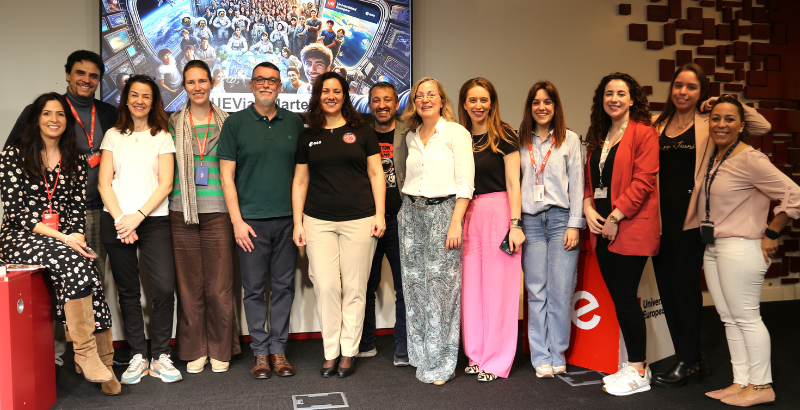
Universidad Europea has set course for Mars thanks to the teamwork of more than 1,200 students from more than 20 different degrees. With the support of the European Space Agency (ESA) and more than 100 teachers from the University, the students have immersed themselves in an activity in which, by applying interdisciplinary work, they have been able to face the challenges posed by a trip to Mars.
The students prepared for the trip to Mars by participating in multidisciplinary teams in one of the three phases of the mission. The first phase focused on communicating the trip to Mars to society and choosing the potential people who will be part of the trip. The teams have designed a communication plan to ensure that society accepts the journey to Mars as reliable, healthy and necessary. In the second stage, the journey to Mars has been designed, drawing up a travel plan with an approximate duration of 150-300 days for 20 people to complete the journey safely and healthily. Finally, a viable colony for the Red Planet has been designed in different stages: the arrival, the preparation for the families to arrive and the possible growth of the colony.
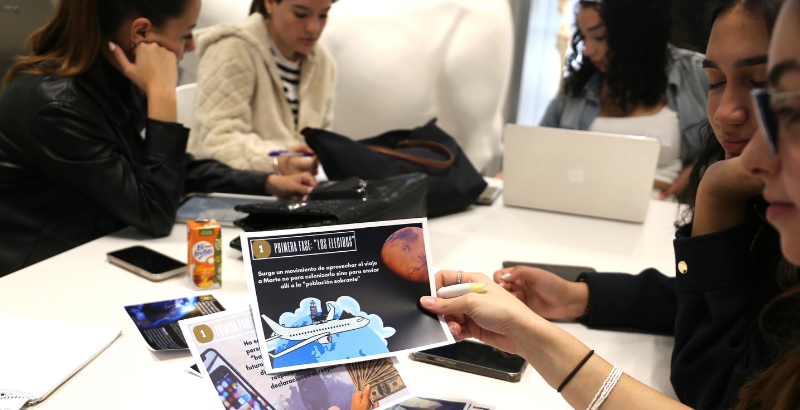
After seeing first-hand what it is like to prepare for a trip to Mars, they had the opportunity to learn about the day-to-day life of an astronaut preparing for his trip to Mars, Pablo Álvarez. The astronaut emphasised the importance of interprofessional education: "In the last year I have worked with doctors, psychologists, communication people, engineers, biologists, etc. Space exploration is not going to exclude anyone because all professions have an opportunity. He also praised the initiative and showed the great capacity for innovation of space stations and their impact on society: "On space stations we try to make the most of all resources. Inside the space station, between 90 and 92% of the water is recycled and this technology is applied in Africa in populations with water problems".
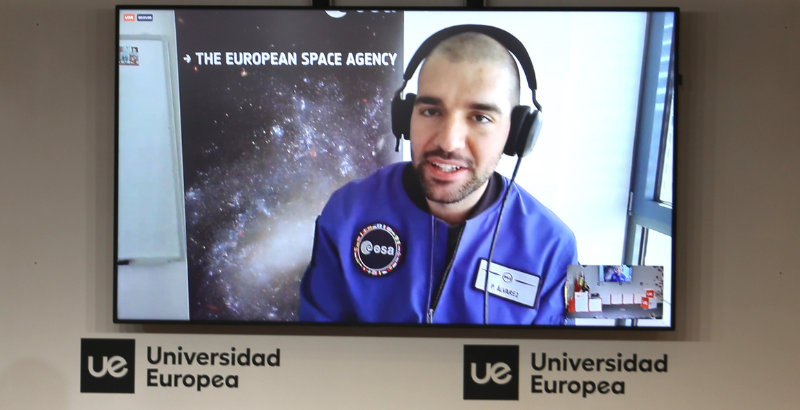
Eva Icarán, Vice-Rector for Teaching Staff and Research at the Universidad Europea, inaugurated this 1st Transdisciplinary Education Day, recalling the importance of this activity for students: "This activity perfectly reflects one of the pillars of our academic model: transdisciplinary education. It is essential to work and learn with students from other disciplines in order to develop the necessary skills for teamwork".
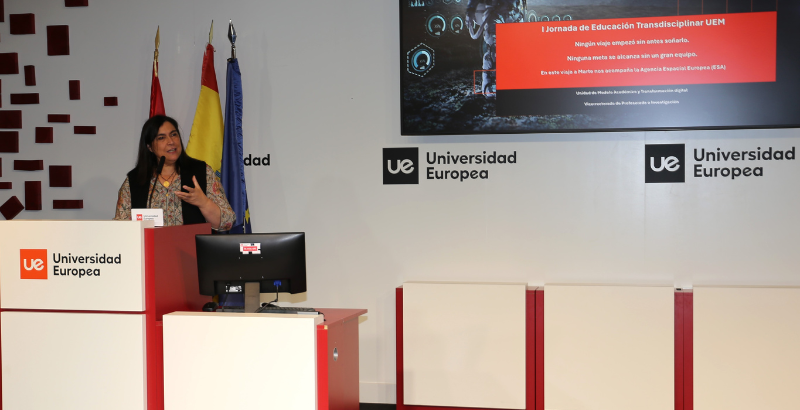
Members of ESA shared with the students what the missions to Mars have been like and what the next visits to the Red Planet will be like. Sandra Benítez, ESA/ESAC Communication Officer and coordinator of the CESAR (Cooperation through Education in Science and Astronomy Research) project, shared with the students how real a trip to Mars could be and what professional profiles could be working on the project to travel to Mars. As she said, "almost all the profiles that are contemplated in the more than 20 degrees involved could be working on something similar". For his part, Juan Ángel Vaquerizo, an astrophysicist specialising in Mars and Astrobiology at CESAR, explained what it is like to land on Mars and curious facts about the most visited planet in the solar system. As he emphasised, "a trip to Mars is proof of the human desire to know". He also stressed that "each object sent to Mars has had a very important task".
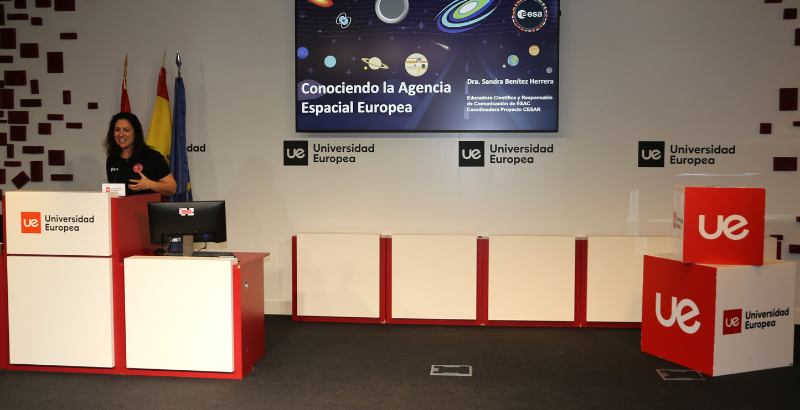
With the trip to Mars, Universidad Europea promotes interdisciplinary learning, giving students the opportunity to learn with students from different fields, eliminating silos between degrees, faculties or areas of knowledge. Through activities such as this, the student goes out into the professional world with a greater capacity to opt for positions of responsibility in less time and to adapt to an ever-changing work environment.